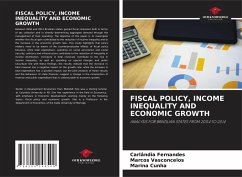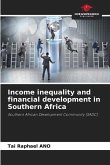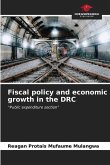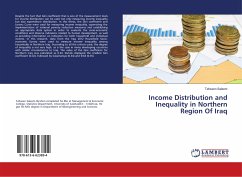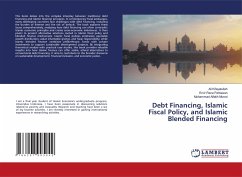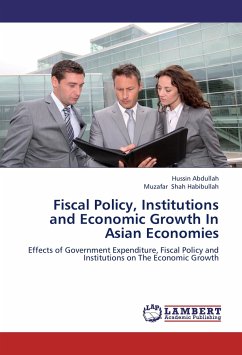Between 2004 and 2014 Brazilian states gained fiscal relevance both in terms of tax collection and in directly determining aggregate demand through the management of their spending. The objective of this paper is to investigate whether this fiscal gain contributed to the reduction of income inequality and to the increase in the economic growth rate. This study highlights that policy makers need to be aware of the counterproductive effects of fiscal policy because, while total expenditure, spending on social assistance and social security, judiciary and infrastructure contribute to the reduction of inequality in income distribution, increases in total revenues contribute to the rise in income inequality, as well as spending on special charges and public security.In line with these findings, the results indicate that the increase in total revenue has a negative impact on the growth rate, while the increase in total expenditure has a positive impact, but the joint analysis of these results and the behaviour of state finances suggest a change in the composition of revenue and public expenditure that is unfavourable to economic growth.
Bitte wählen Sie Ihr Anliegen aus.
Rechnungen
Retourenschein anfordern
Bestellstatus
Storno

